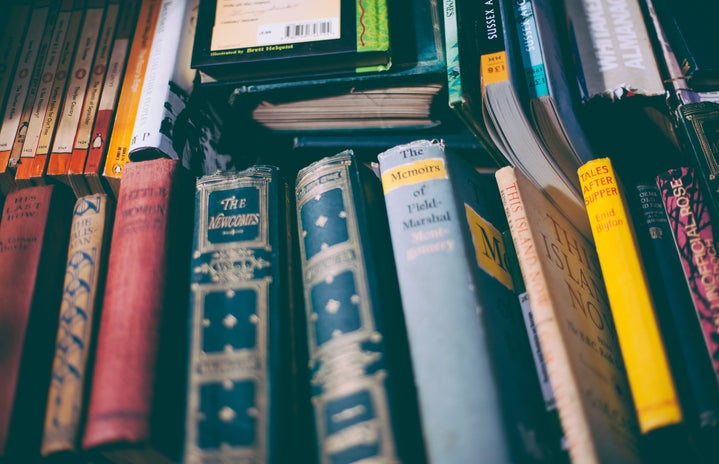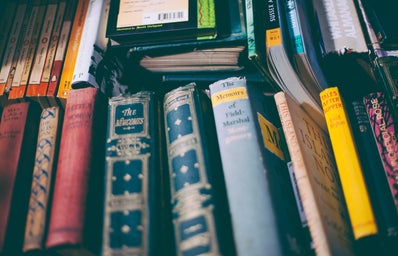In the realm of journalism, the pursuit of knowledge is relentless. To help you refine your journalistic practices and offer a deep dive into professional ethics, we’ve selected eleven essential books that every journalist should read. Reading is a vital tool for becoming an outstanding journalist.
In their daily work, journalists investigate and report on matters of public interest, craft and edit articles, conduct interviews, and tailor their writing to suit the medium and audience. The selected works document daily experiences of journalists, recount famous coverages, and share diverse stories from professionals in the field.
1. She Said by Jodi Kantor and Megan Twohey
She Said is a powerful exposé that chronicles the groundbreaking investigation by Jodi Kantor and Megan Twohey, two investigative journalists whose work sparked the #MeToo movement. This gripping book reveals the shocking truth behind the sexual harassment allegations against Harvey Weinstein, highlighting the brave women who came forward and the challenges they faced. Through meticulous research and compelling storytelling, “She Said” shows the profound impact of their reporting, igniting a global movement for justice and accountability.
2. All the President’s Men by Carl Bernstein and Bob Woodward
Considered a benchmark in investigative journalism, All the President’s Men details the behind-the-scenes work of reporters Carl Bernstein and Bob Woodward. The book provides a step-by-step account of the series of reports they produced for The Washington Post, which ultimately led to the resignation of President Richard Nixon in 1974.
3. The Universal Journalist by David Randall
Reading this book convinced me to leave behind a 15-year teaching career and pursue my dream of becoming a journalist. The Universal Journalist is a comprehensive guide to journalism and effective reporting. It covers sourcing good stories, handling sources, conducting interviews, using statistics, ethics, writing introductions, and handling quotes, among many other topics. Written in clear, jargon-free language, this book is a must-read for aspiring journalists.
4. Unfreedom of the Press by Mark R. Levin
In this thought-provoking book, Levin examines the state of modern media and its impact on society. Through detailed research and analysis, he uncovers the biases, agendas, and lack of objectivity that plague today’s press. Levin passionately advocates for a return to true journalism, urging readers to question the media’s role in shaping public opinion and emphasizing the importance of a free and unbiased press in a democratic society.
5. Chatô: The King of Brazil by Fernando Morais
Chatô: The King of Brazil is a biography of Assis Chateaubriand, one of the most influential figures in Brazilian media. The book also traces the history of the Brazilian press throughout much of the 20th century. Fernando Morais portrays Chateaubriand as a controversial yet pivotal figure who significantly impacted the modernization of Brazilian media, culture, and politics.
6. The Elements of Style by William Strunk Jr. and E.B. White
This concise and practical guide to writing effectively is a timeless resource. Written by two renowned authors, The Elements of Style offers clear advice on grammar, punctuation, and style, with straightforward explanations and examples. It is an indispensable tool for writers of all levels, whether you’re a student, a professional, or simply looking to improve your writing skills.
7. News Structure by Nilson Lage
News is a cornerstone of journalism, but not every event qualifies as newsworthy. In News Structure, Nilson Lage explores journalistic news within the context of industrial society. This academic work is essential reading for journalism students, offering insights into the criteria that define newsworthiness.
8. The Art of Interviewing by Barbara Walters
A good journalist knows how to ask the right questions at the right time. Barbara Walters, a renowned American interviewer, was known for her highly anticipated and often surprising interviews. She even managed to interview every sitting U.S. president during her career. Her book is a must-read for anyone interested in mastering the art of interviewing.
9. Route 66 by Caco Barcellos
Winner of the Jabuti Award, Route 66 details a journalistic investigation by Caco Barcellos into the activities of the São Paulo Military Police between the 1970s and 1990s. The book brings to light the previously unknown “death squad,” exposing the darker side of law enforcement in Brazil.
10. The Eye of the Street by Eliane Brum
This book compiles ten significant reports from Eliane Brum‘s journey through Brazil in the early 2000s. Brum reveals the story behind the story, narrating the challenges faced by reporters and offering a glimpse into the life of a journalist.
11. In Cold Blood by Truman Capote
In Cold Blood is a non-fiction novel based on a four-part series originally published in The New Yorker. In 1959, after reading about a brutal murder in rural Kansas, Truman Capote traveled to Holcomb to learn more about the case. The result is a masterful piece of reportage that blurs the line between journalism and literature.
———————–———————–————–————–
The article above was edited by Maria Clara Polcan.
Liked this type of content? Check Her Campus Cásper Líbero home page for more!


